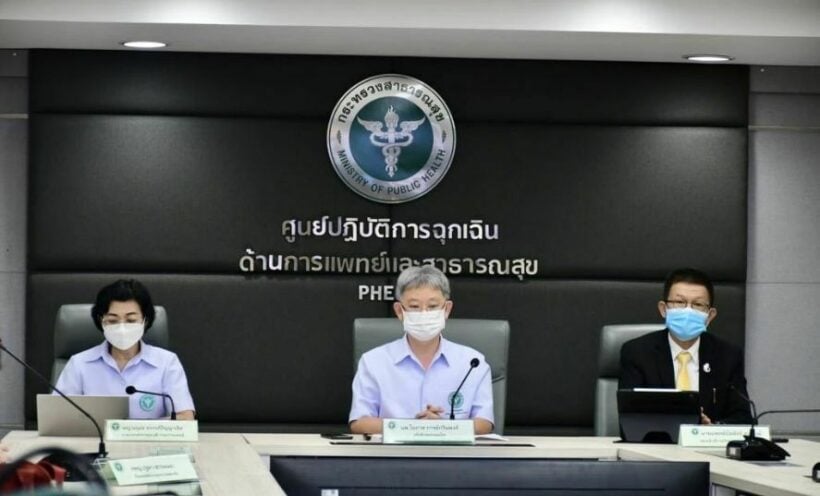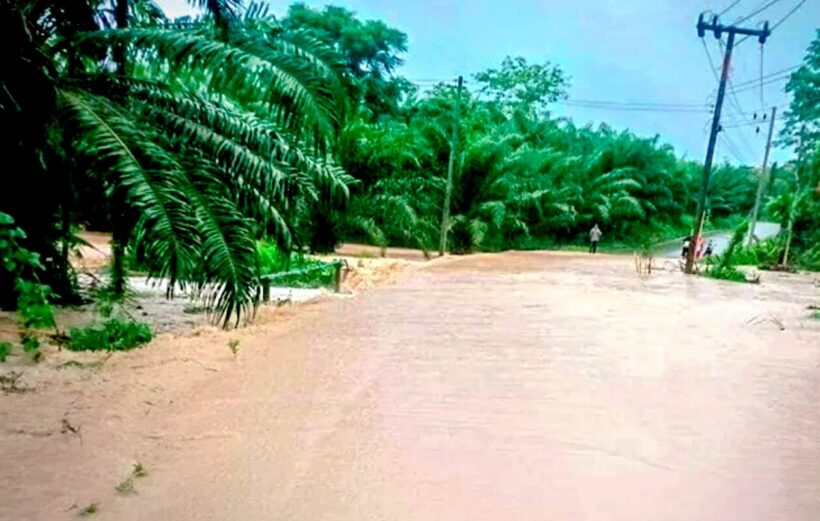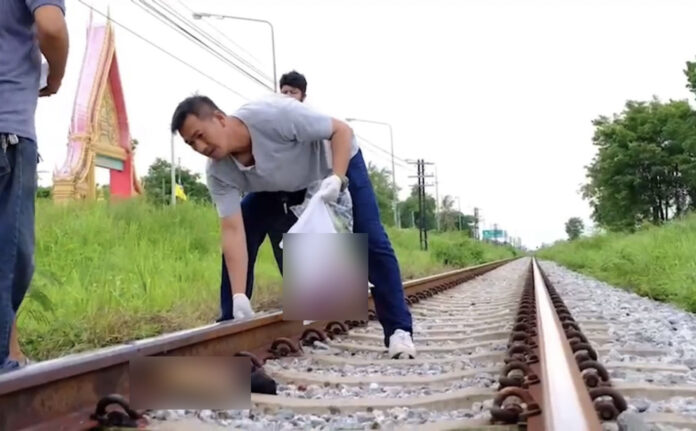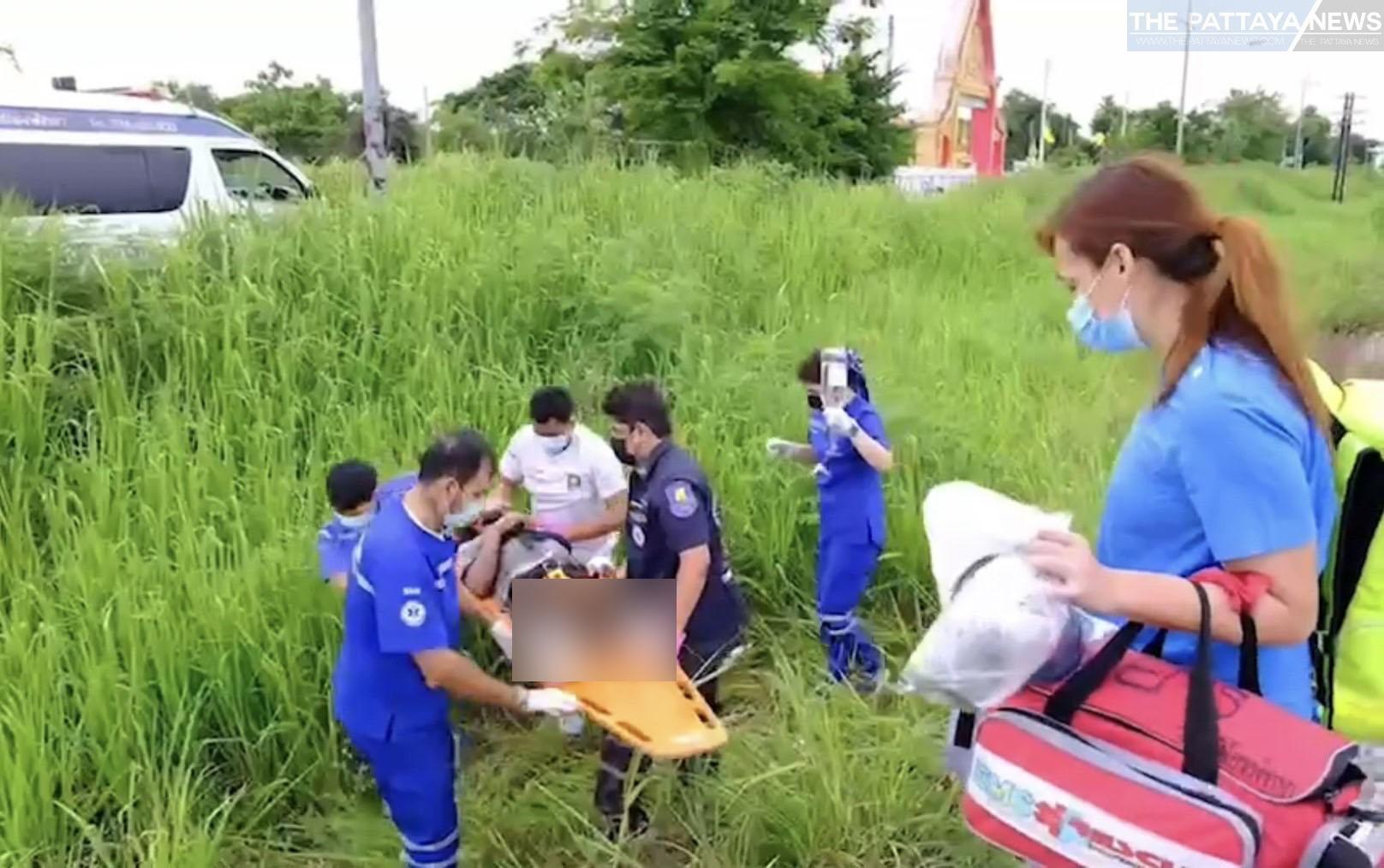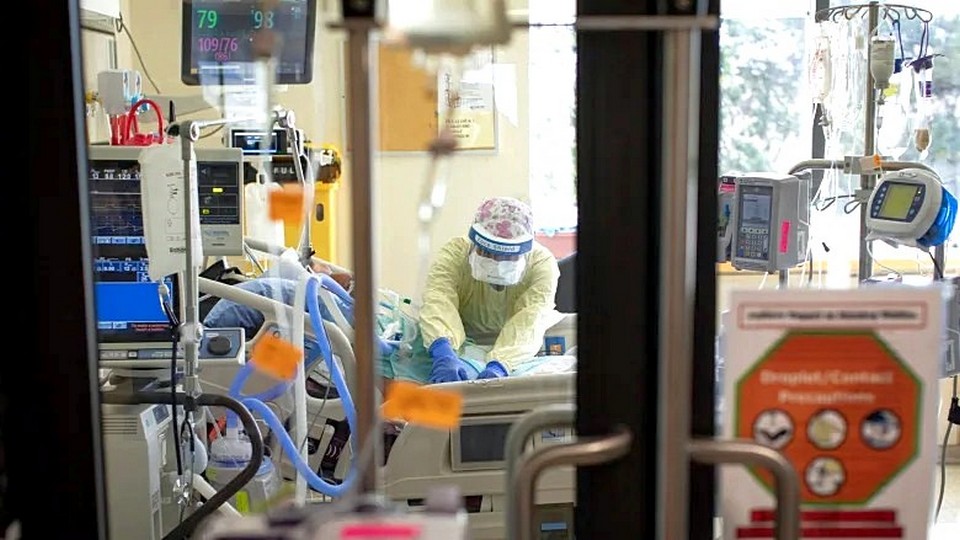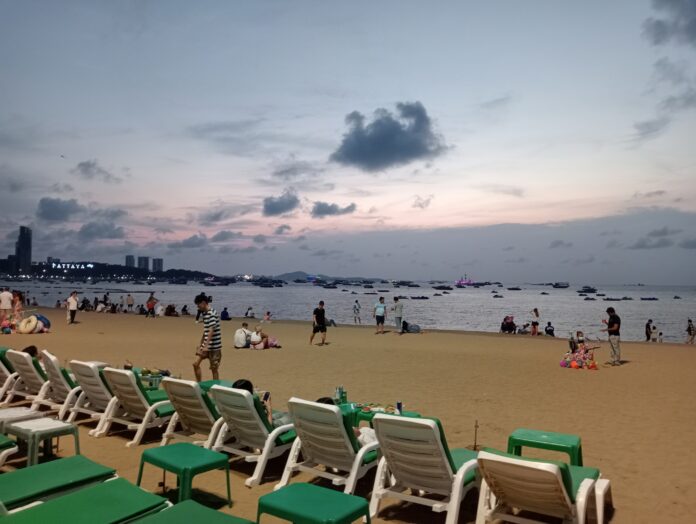
The Employers' Confederation of Thai Trade and Industry released a new report analysing job applications on JobThai.com this past month revealing some interesting statistics about what jobs people want and where. Young job applicants – and there are around 490,000 to 510,000 of them who recently graduated and now entering the workforce – are eschewing the glitz and glamour of tourism work and opting for the stability of administrative and office jobs instead.
The analysis looked at applications from 2 million job hunters on the popular employment website and found that 29.7% of people applied for administrative work, compared to just 3.63% who were interested in tourism jobs. Factory work was second most popular and jobs like accounting, technicians, logistics and engineering ranked highly as well.
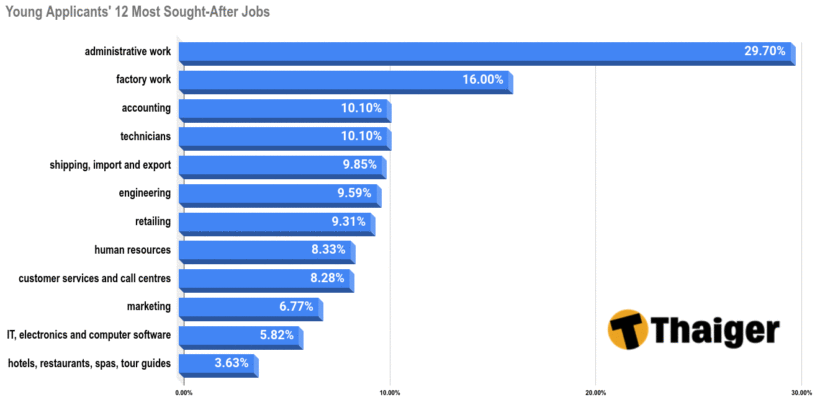
Most sought-after jobs
- 29.70% administrative work
- 16.00% factory work
- 10.10% accounting
- 10.10% technicians
- 9.85% shipping, import and export
- 9.59% engineering
- 9.31% retailing
- 8.33% human resources
- 8.28% customer services and call centres
- 6.77% marketing
- 5.82% IT, electronics and computer software
- 3.63% hotels, restaurants, spas, tour guides
About 75% of the people job-hunting between the ages of 20 and 30 years old have a bachelor's degree or higher, but there were also many unskilled labourers looking for work, while the market seeks skilled workers.
Just over half of the searches on JobThai.com were for jobs around Thailand's capital, with the 50.8% in Greater Bangkok more than the 15.8% in the Eastern Economic Corridor, 12.4% in the Northeast, 8.31% in the North, 7.76% in Central Thailand and 4.73% in the South all combined.
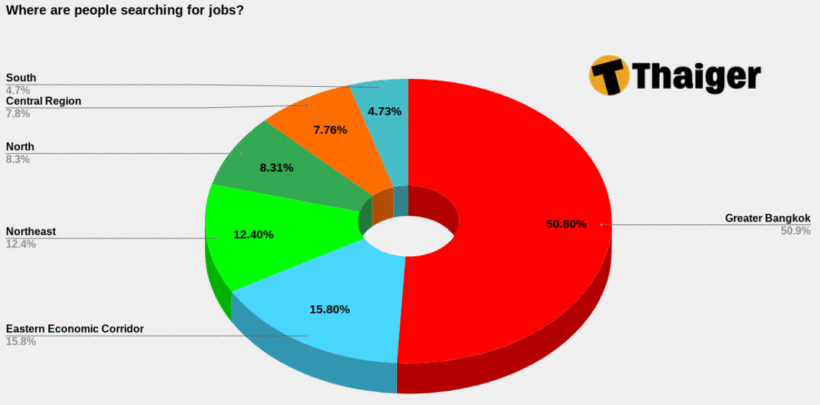
Most sought-after job locations
The economy still has a ways to go before it fully recovers from the Covid-19 pandemic when nearly half a million people lost their jobs in the first wave of Covid. A survey in June of 300 countries showed that 52.6% had to downsize their staffing and 36.8% laid off employees. Only 15.8% of businesses reported hiring new staff.
Tourism was particularly affected and EconThai says there are still not enough international tourists to allow a full economic recovery this year. Travel restrictions have eased and the country is fully reopened, but it will take time for tourists to return in greater numbers anywhere close to what they were pre-pandemic. Only then will the economy be likely to fully recover.
SOURCE: Bangkok Post



